Netflix’s Tikli and Laxmi Bomb, however ventures to bring about a 180 degree revolution, to invert the order of things, and we are still clapping. Here’s what was bitingly brilliant about this indie movie.
Tikli and Laxmi Bomb, novel-turned-film by writer and filmmaker Aditya Kripalani is, to put simply, a story of commercial sex workers in Mumbai, who take it upon themselves ‘to change the system’.
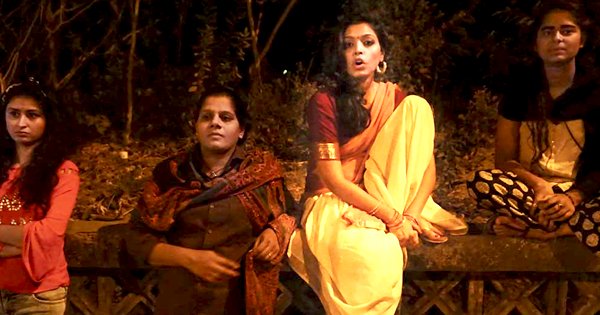
From tropes of sisterhood & feminism to dialogues, that capture the audience by the virtue of its poignancy, Tikli and Laxmi Bomb has it all.
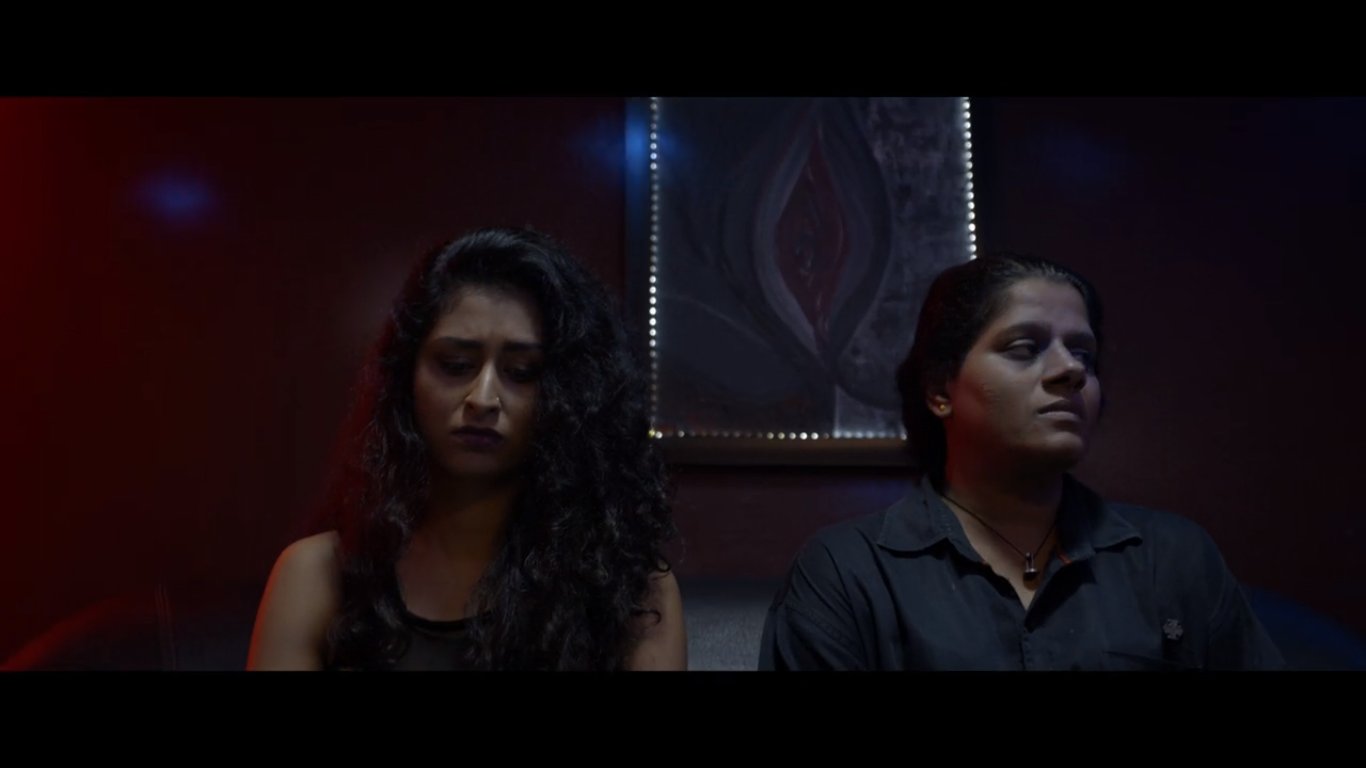
The film consciously demarcates itself from the mainstream cinema, which when not problematic, is merely reformative.
1. Aditya, the director of the movie, hires nearly an all-women crew.
From technicians & professionals, to almost the complete cast; the movie is all women, as it revolves around ‘feminine energy’ to remarkably portray alarming issues women face on the street. About this deliberate excision of male gaze, Aditya in an interview with Redbull, says
“So many of our films, when dealing with this subject, end up omitting that side of things [the feminine perspective] and the only way to do it right was to do it this way.”
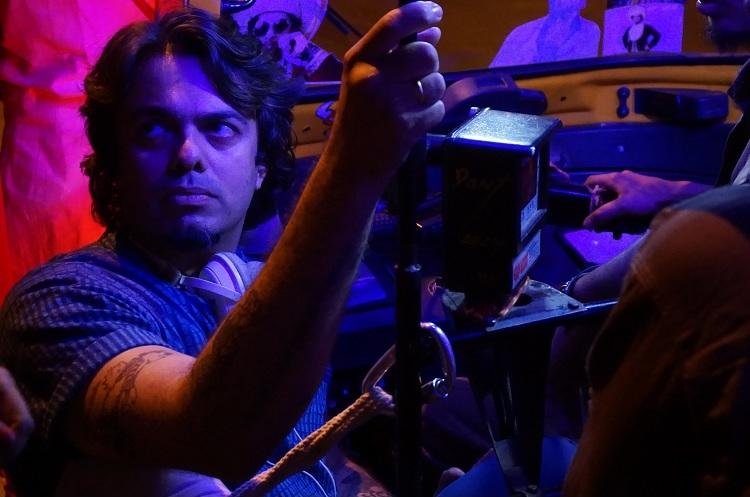
2. Tikli and Laxmi Bomb borrows substance from real-life sex workers.
Content of this film becomes more alarming and jarring, for it taps into the actual reality of sex-workers.
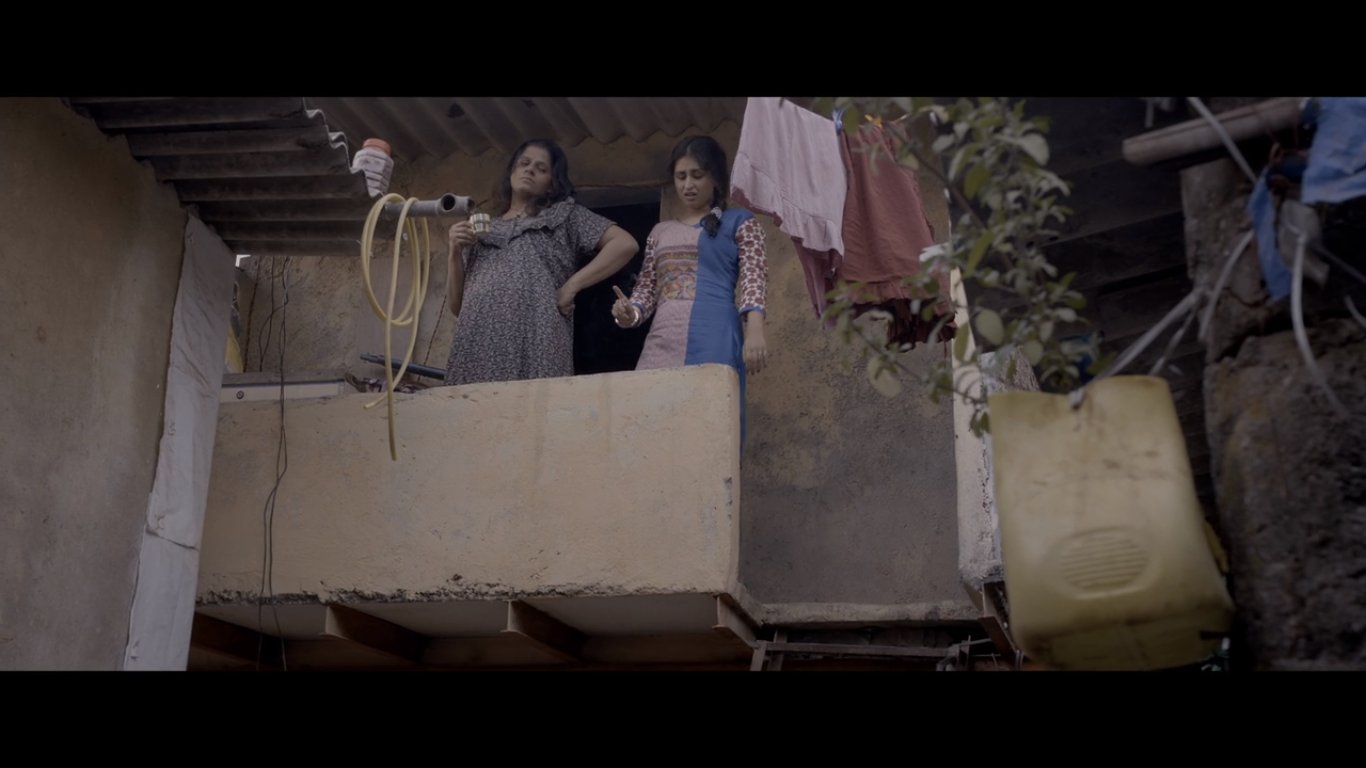
3. It’s refreshing to watch Tikli, the revolutionary protagonist, attempt to correct the order of things.
It’s a story of women attempting to reclaim the system, that works by the virtue of their oppression. Prostitution in India is highly stigmatised, in conjunction with penalisation of organised prostitution. What follows in this case, is the extreme exploitation of sex workers by law enforcers and middle-men.
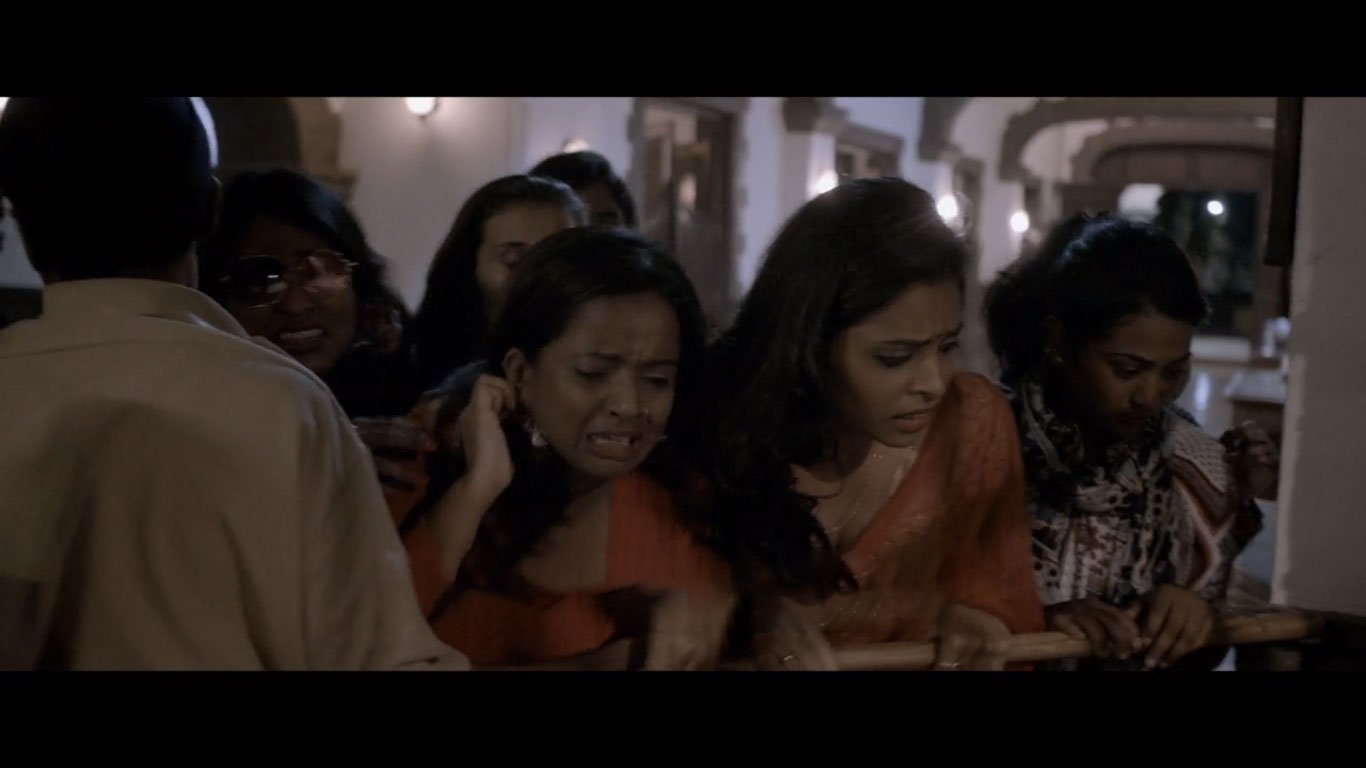
4. The movie accurately shows how the identities of sex workers are largely controlled.
In this film, Mumbai is constantly referred to as a ‘she’, paralleled with the exploited women of the city, on the efforts of whom men make money, try to control it, and establish their identity in accordance with this ‘control’.
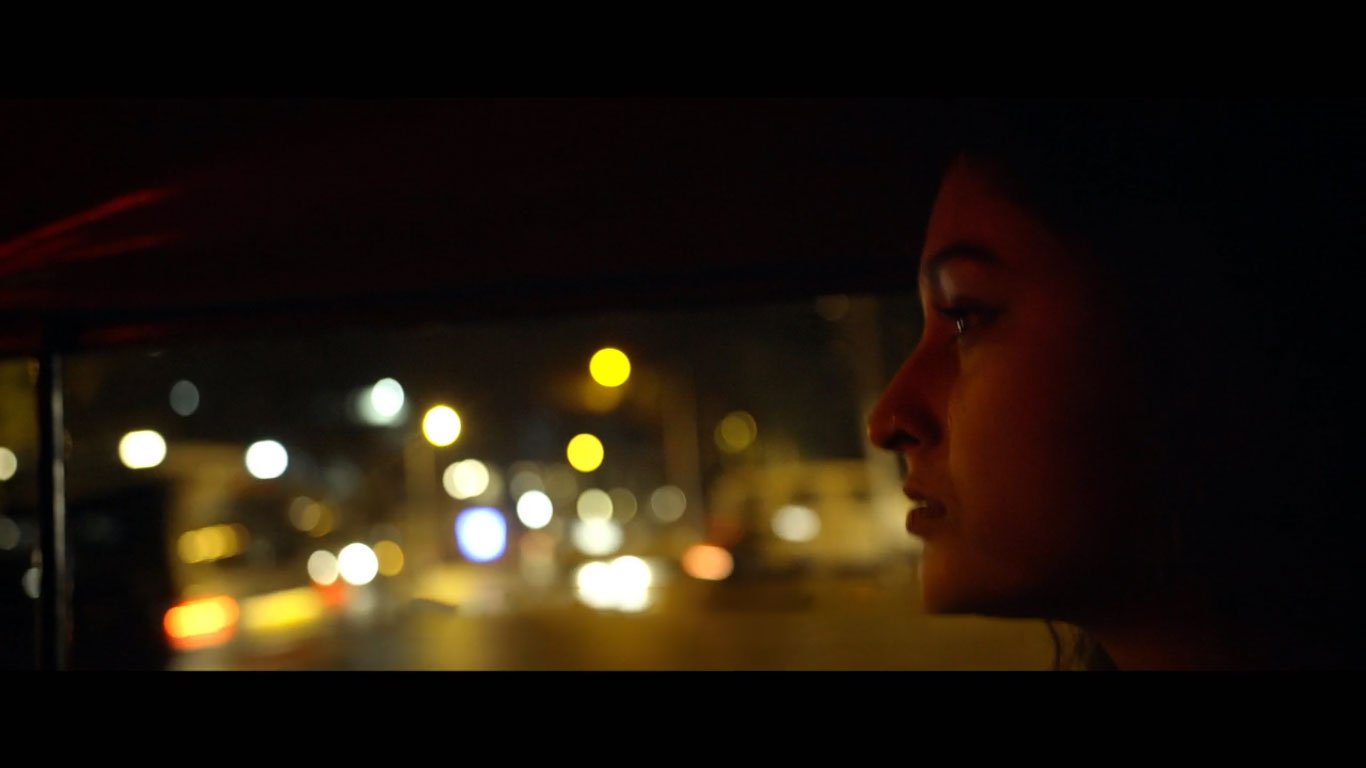
5. The movie also portrays female solidarity in the face of over-bearing patriarchy and life threats.
Luce Irigaray, a French Philosopher writes in an essay called ‘When The Goods Get Together’, that how in an economy run solely by men, where women are merely ‘goods’, it becomes imperative to take control of the exhange – to “enter into relations [wihout] the surveillance of their ‘guardians’.
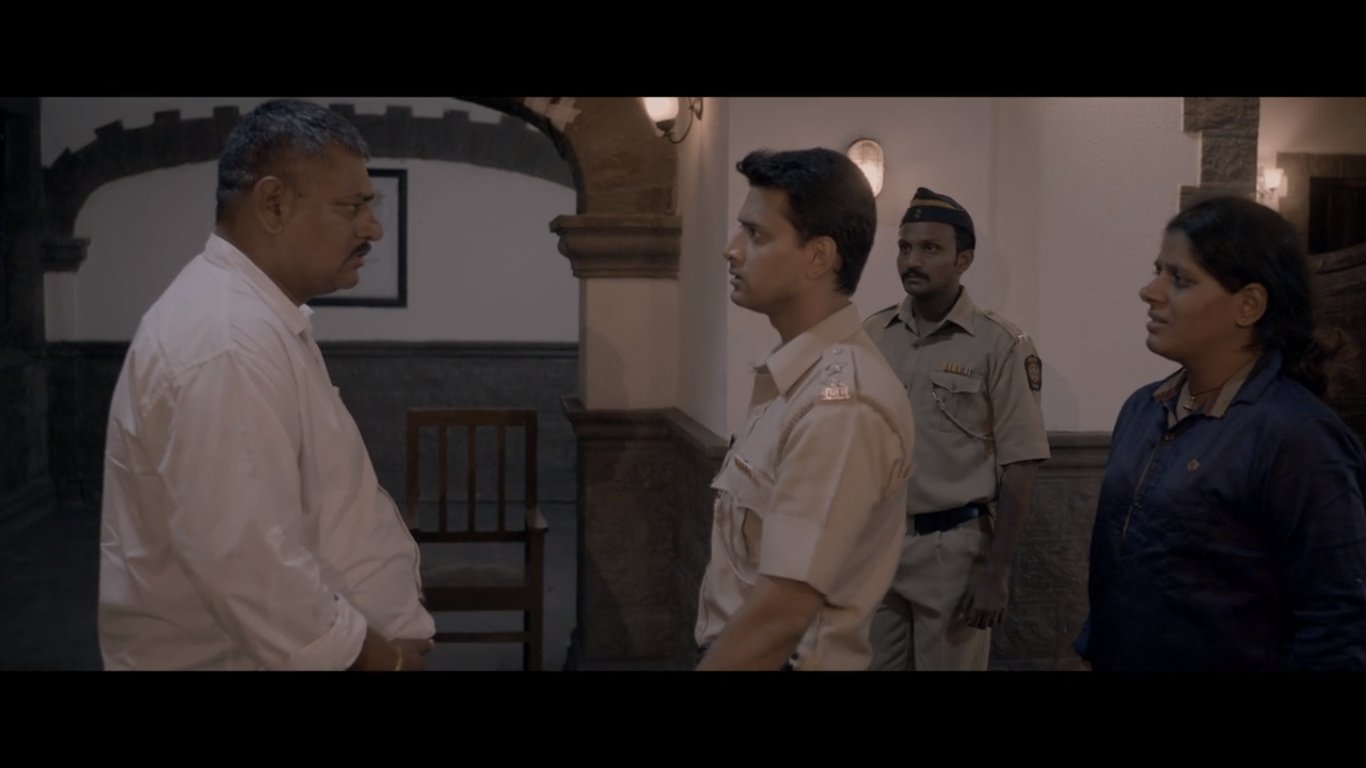
We see someone channeling theory into films, and we clap. Woot Woot.
Solidarity amongst women shakes the very foundation of men’s identity, who were leeching onto women’s efforts and income. This is where the relevance of the title, ‘Tikli and Laxmi Bomb’ comes in; for this sisterhood has the potential to blast, to shake the fulcrum of patriarchy and smash it to grounds.
6. The movie’s poignant dialogues wake the audience up to the reality of sex workers in India.
This indie is zero drama, and minus on masala. And we are as glad and thankful as we can be. Even when followed by the death of one of the characters, the story goes on without following any tropes of a dramatic sequence. And this is what makes it real and SHARP. Because, grief and justice is a luxury which this world can not afford.
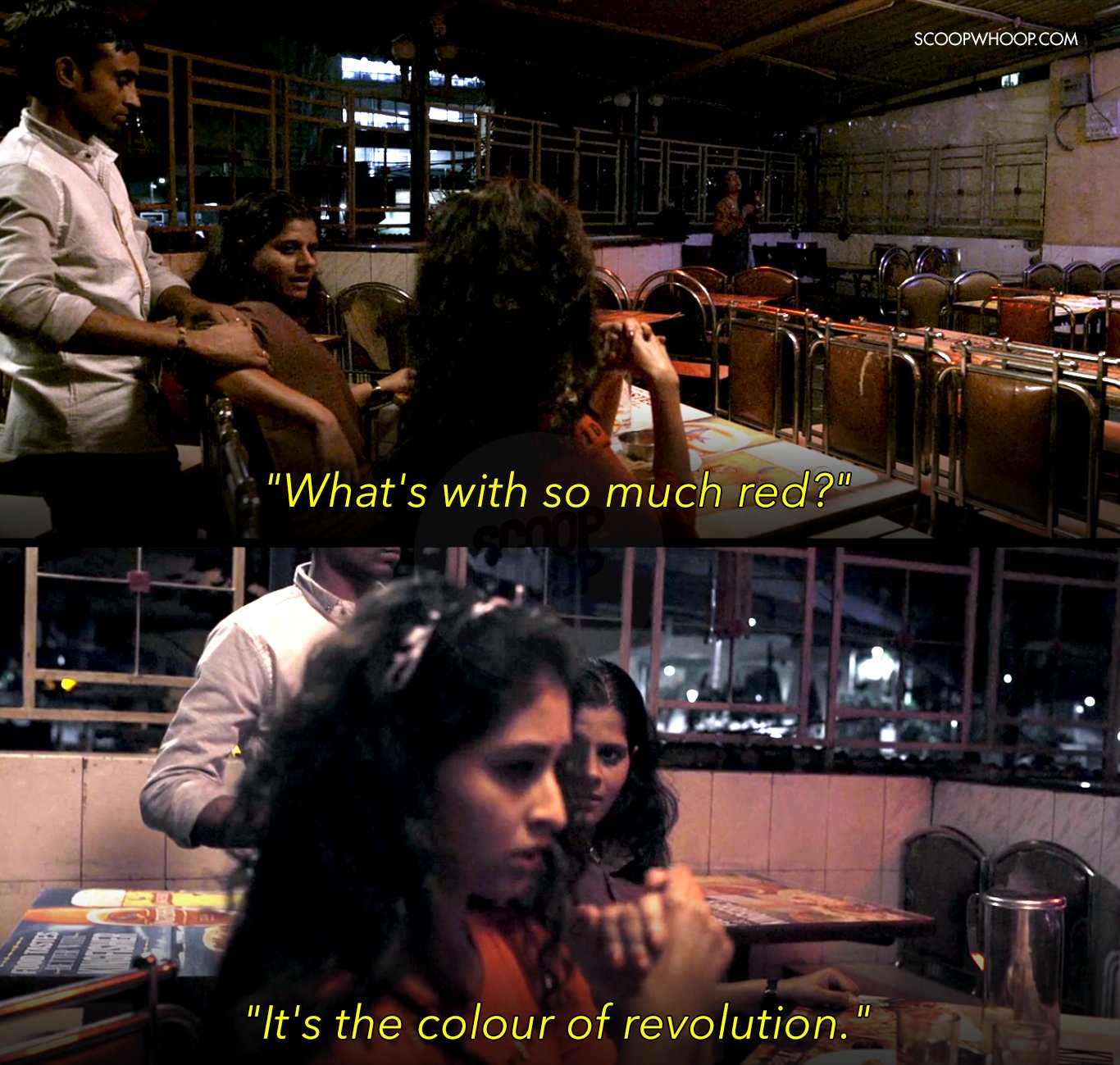
7. It’s relatable as it portrays how inferiority and misogyny remain internalised and conditioned into women.
Before Laxmi becomes the revolutionary ‘bomb’, she embodies women who have internalised their role as secondary, in a world that is ‘run by men’.
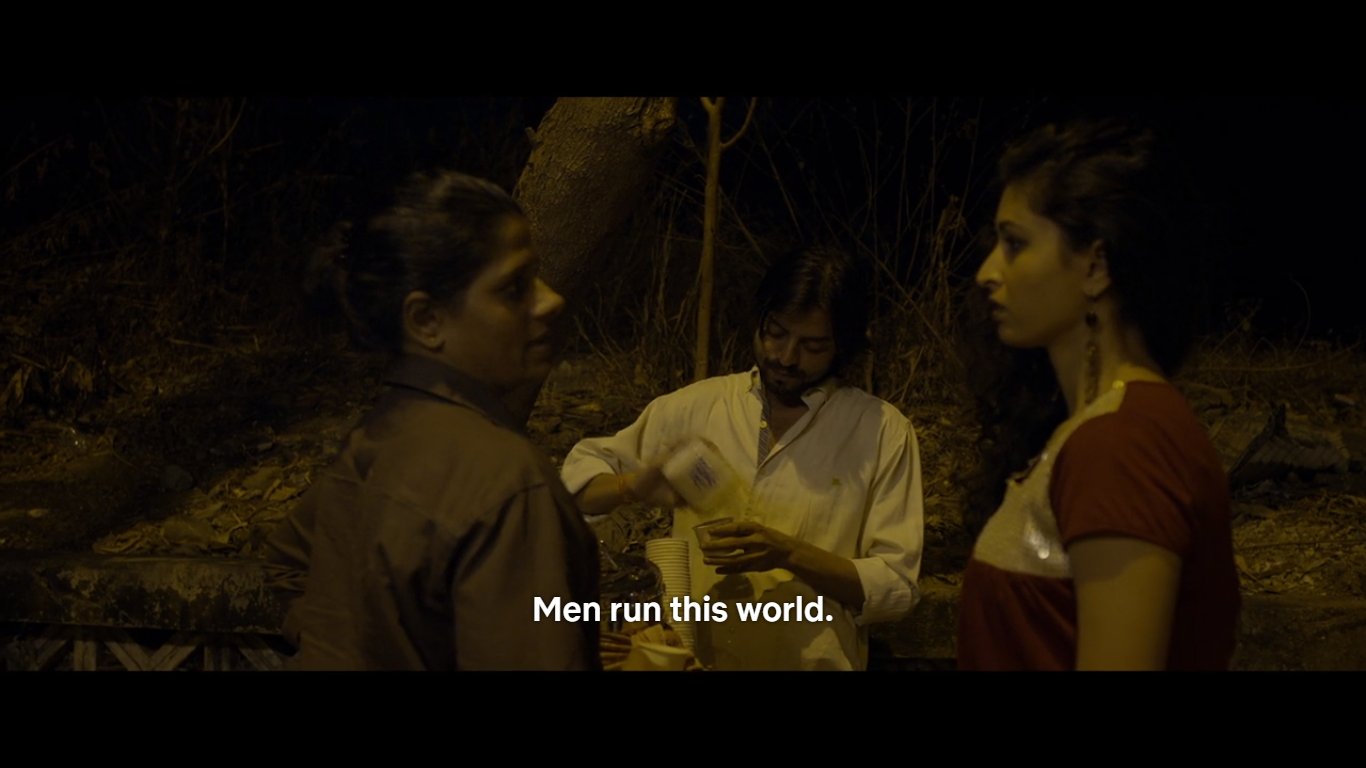
8. Suchitra Pillai’s character, Manda, sums up the predicament of our society where women add to women’s subjugation.
Leaving out her transformation near the end, Manda proclaims how Mhatre, the middle-man, is the ‘ann-data‘ (provider) of women, pedestalising him to the level of god. A little insight, this ‘ann-data‘ had just conspired with the police to rape Laxmi, to show her her place.
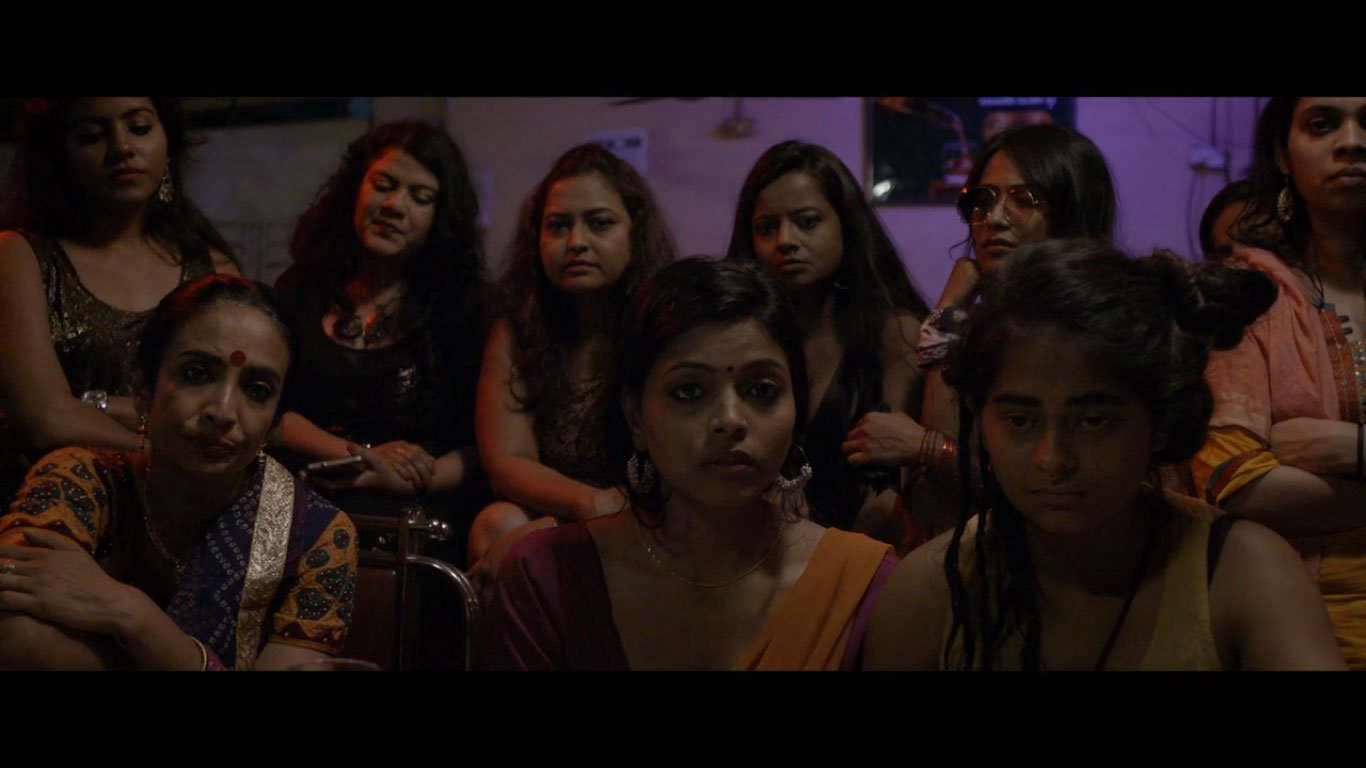
9. It conjures up the debate regarding the legalisation of prostitution.
In this brilliant rendering of power dynamics, Tikli and Laxmi Bomb elucidates how rape & violence become tools in hands of men to subjugate women. Safety of sex workers is at the crux of it all which helps to strike again the hot debate in India, ‘Should prostitution be legalised?’
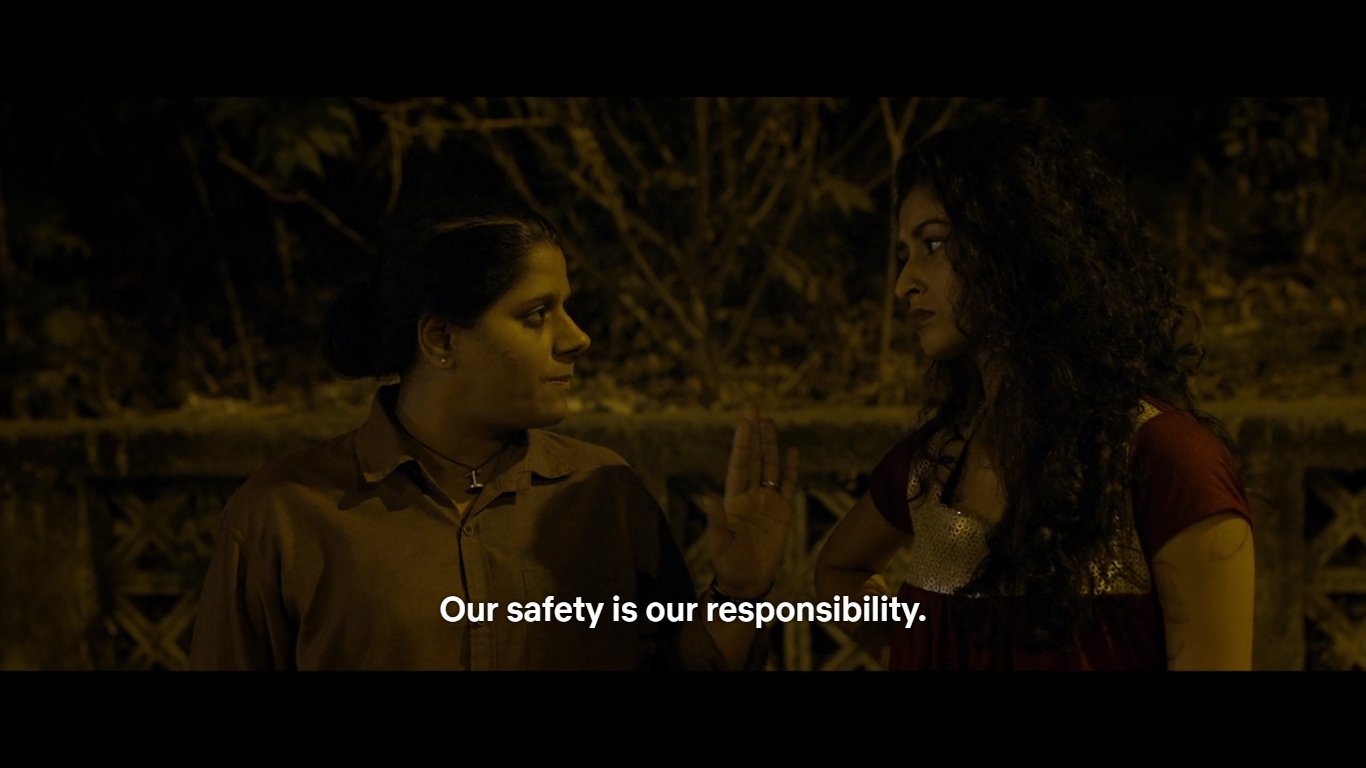
10. Winner of the Berlin Independent Film Festival’s Best Feature Film, 2018 award, this film has received critical acclaim around the globe.
And we need to add it to our watch-list, to support revolutionary cinema.
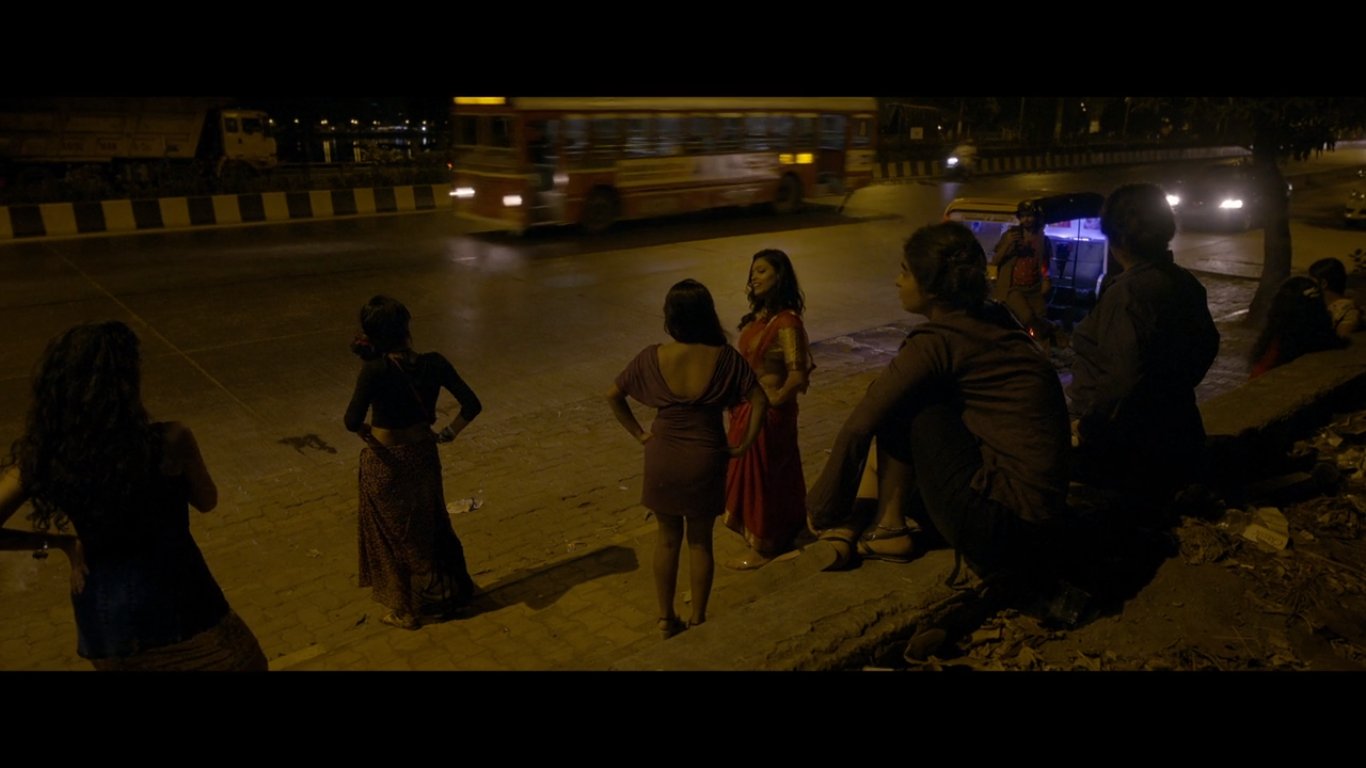
Here we are bowing to good cinema that is out there to bring about the much needed revolution.

















